
As women, we are born with all of the eggs we are ever going to have. Our egg number peaks when we are still in our mother’s uterus and declines for the rest of our adult life. We know that on average egg quality and number start to decline to start around the age of 37 and that most women are unable to conceive about a decade before menopause. In the United States, the average age of menopause is 51.5 years old. That means that a woman in her early 40s usually still has significant fertility issues–ones that are often irreversible.
While this may sound like doom and gloom, that does not mean that there is nothing you can do to protect and improve your egg quantity and quality throughout your 20s, 30s, and early 40s. In this blog post, we will discuss five easy ways to help keep your eggs healthy and functioning at their best.
1. Avoid all tobacco

Smoking is one of the worst things you can do for your overall health, and also your egg health. Not only do the toxins in cigarette smoke reduce the number of eggs a woman has overall, but they also dramatically decrease the quality of the eggs that are remaining. Eggs that have been damaged by tobacco exposure are less likely to be fertilized and more likely to result in miscarriage or stillbirth. One study (Linsten et al., 2005) found that women who smoke have reduced live birth rates (by 30%) and increased miscarriage rates (up by 5%). As a result, women who smoke had approximately the same chances of having a live birth as someone 10 years older!
Cigarette smoke likely decreases egg quality due to mutagens. These can contaminate the fluid surrounding the egg (Waylen et al. 2009) and increase oxidative stress (Ruder et al. 2008). If you are a smoker, quitting is the best thing you can do for your fertility. Ask your primary care doctor, or your fertility doctor, about ways to support your transition off of tobacco.
2. Avoid reproductive toxins when possible
There is active ongoing research regarding the impact of reproductive toxins on long-term fertility, as there is enough concern about this issue to warrant further investigation. However, we do not yet know enough about the potential effects of these toxins. We do know that, with any type of toxic exposure, the length and degree of exposure are important factors. Therefore, it makes sense to try to avoid exposure to reproductive toxins in the years leading up to fertility treatment or conception attempts. Here are some simple ways to avoid environmental toxins:
- Whenever possible, choose glass containers for food storage instead of plastic ones. Also, never reheat food in plastics. This will help you to avoid harmful chemicals like bisphenol A (BPA) and phthalates, which have been linked to decreased egg quality and fertility.
- It’s commonly known that the air we breathe is polluted, but did you know that indoor air is more polluted than outdoor air? To reduce your exposure to air pollution, allow for good ventilation by opening windows and using a HEPA filter. These filters are proven to remove 99% of all particles from the atmosphere, including those hazardous to our health.
- By taking your shoes off when you come inside, you can protect yourself and your family from unwanted exposure to outdoor pollutants. You never know what environmental contaminants are present on your shoes, so it’s best to err on the side of caution and remove them as soon as possible. Shoes track in pesticides heavy metals and other toxins which can be dangerous if inhaled or ingested.
- To reduce the number of environmental toxins in your home, vacuum with a HEPA vacuum and dust with a wet rag on a regular basis. Chemicals from materials like carpeting or rugs that off-gas settle into house dust, so by vacuuming frequently you can also trap and remove these dangerous chemicals.
- Not only do scented candles and sprays pollute your indoor air, but they also spread endocrine-disrupting chemicals like phthalates. These chemicals can disrupt your reproductive health, so it is best to avoid exposure where possible.
3. Consider supplements to maintain and improve egg health
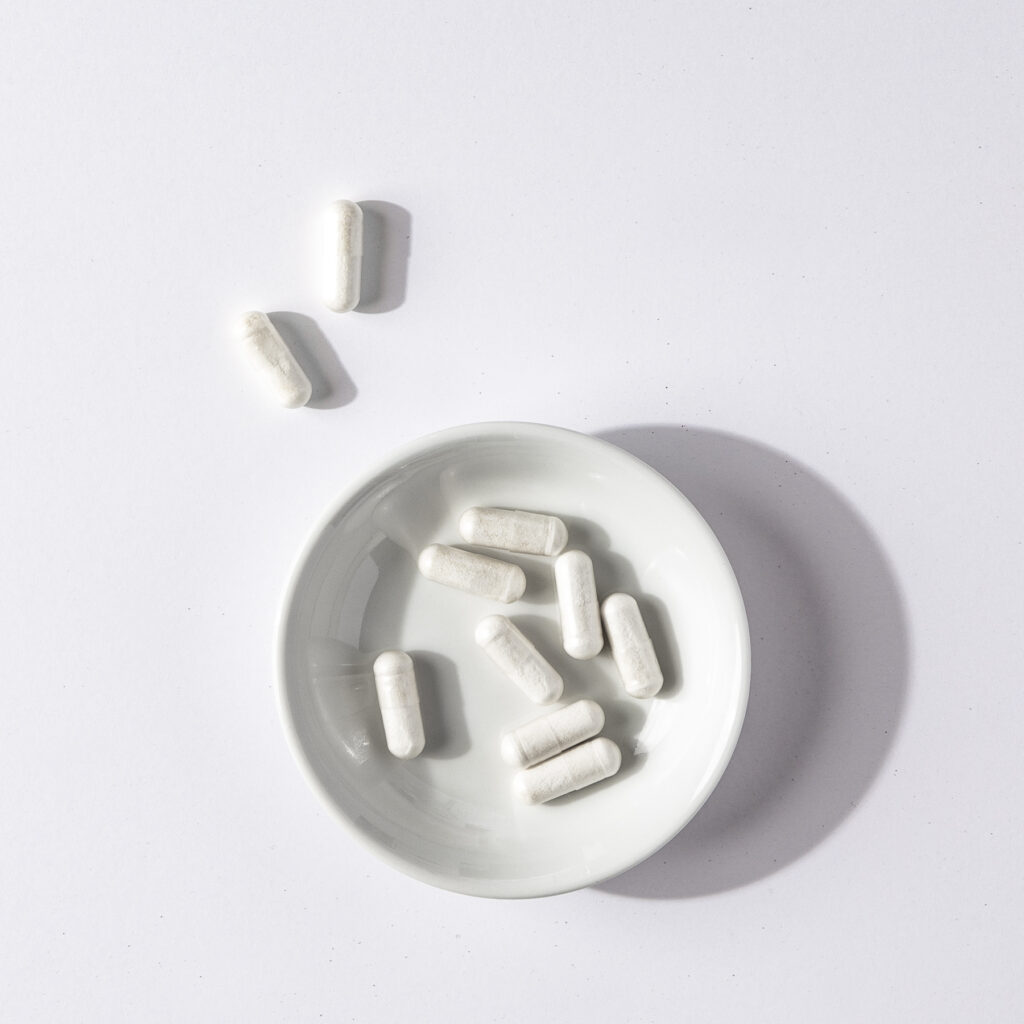
Just as with reproductive toxins, it’s possible that the longer we expose our body to substances that improve egg health, the greater the theoretical benefit may be. When I’m thinking about supplements for quality eggs, I typically focus on these items:
- Co-Q10 or ubiquinol is a powerful antioxidant that can help reduce free radical damage and improve egg cell health. It is available without a prescription from many online retailers, and taking it seems to make a big difference for some patients.
- Melatonin is produced by the pineal gland in our brains, but it also acts as an antioxidant related to reproduction. Although many people take melatonin for sleep-related purposes, there is evidence that taking it over a long period may improve egg quality.
- Research has shown that omega 3 supplementation is a practical and effective way to delay ovarian aging and improve oocyte quality at advanced maternal age. Even short-term use of omega 3 supplements is associated with improved oocyte quality for women in their 40s.
4. Investigate what benefits you have for fertility preservation
The best way to maintain egg quality, is through fertility preservation or oocyte cryopreservation. Fertility preservation is the first part of in-vitro fertilization (IVF), and it essentially freezes eggs at a younger age so that they are of higher quality for future use. Many women have benefits packages that include fertility preservation, but they are often unaware of this fact. Reviewing your HR handbook or talking to people at your company about possible benefits could be an excellent way to take proactive measures for your future.
5. Take time to assess and re-evaluate

Age is not always the primary factor when considering fertility and reproductive planning. As a gynecologist, I urge my patients to evaluate their lives every year–thinking about where they are presently and what goals they have for the future. This self-reflection may help you assess your current life choices and whether or not you want to become pregnant now or take action to preserve your fertility for later.



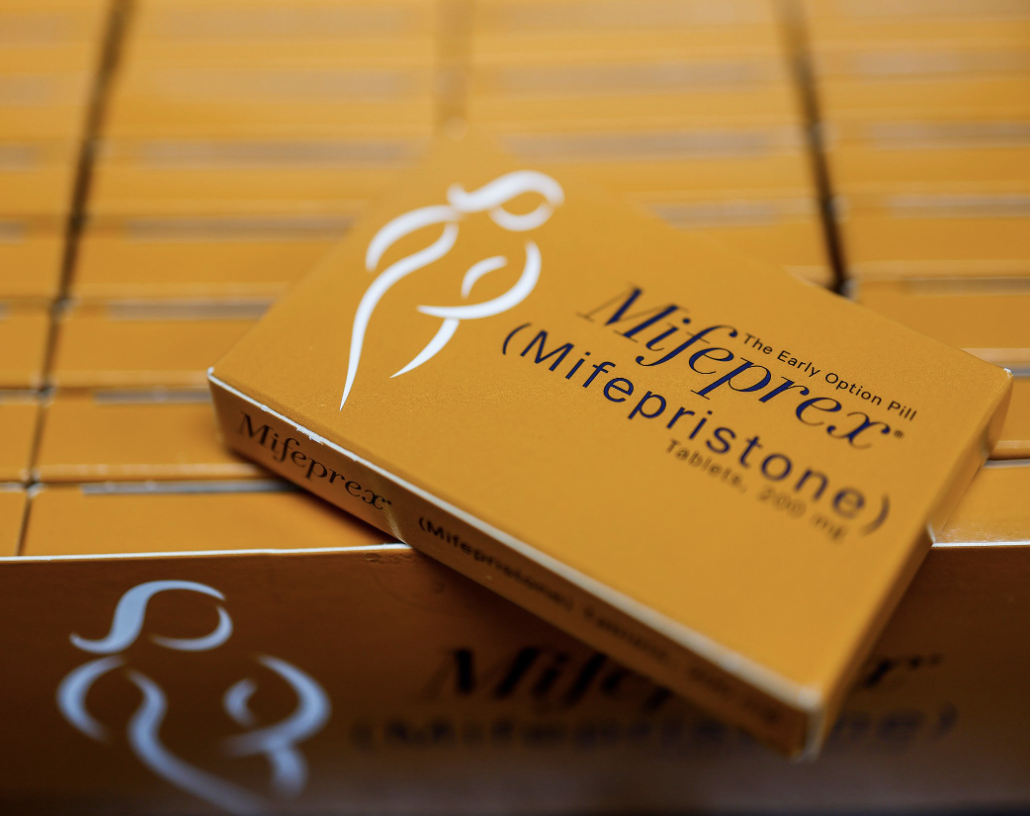
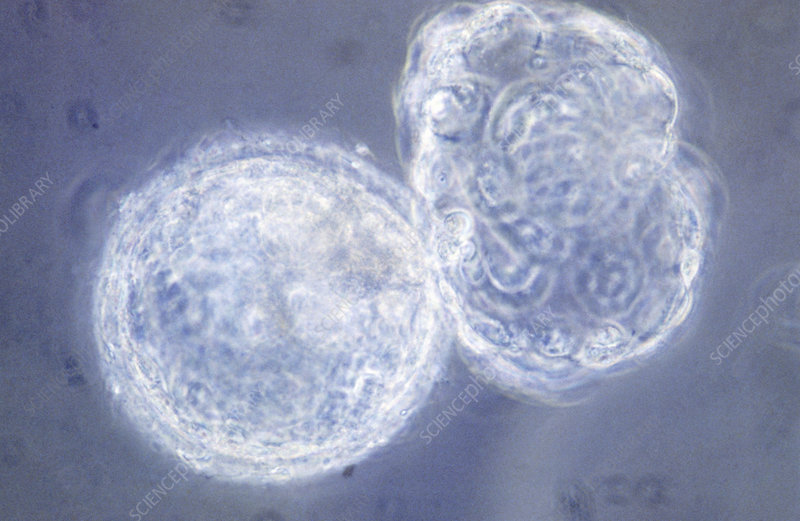
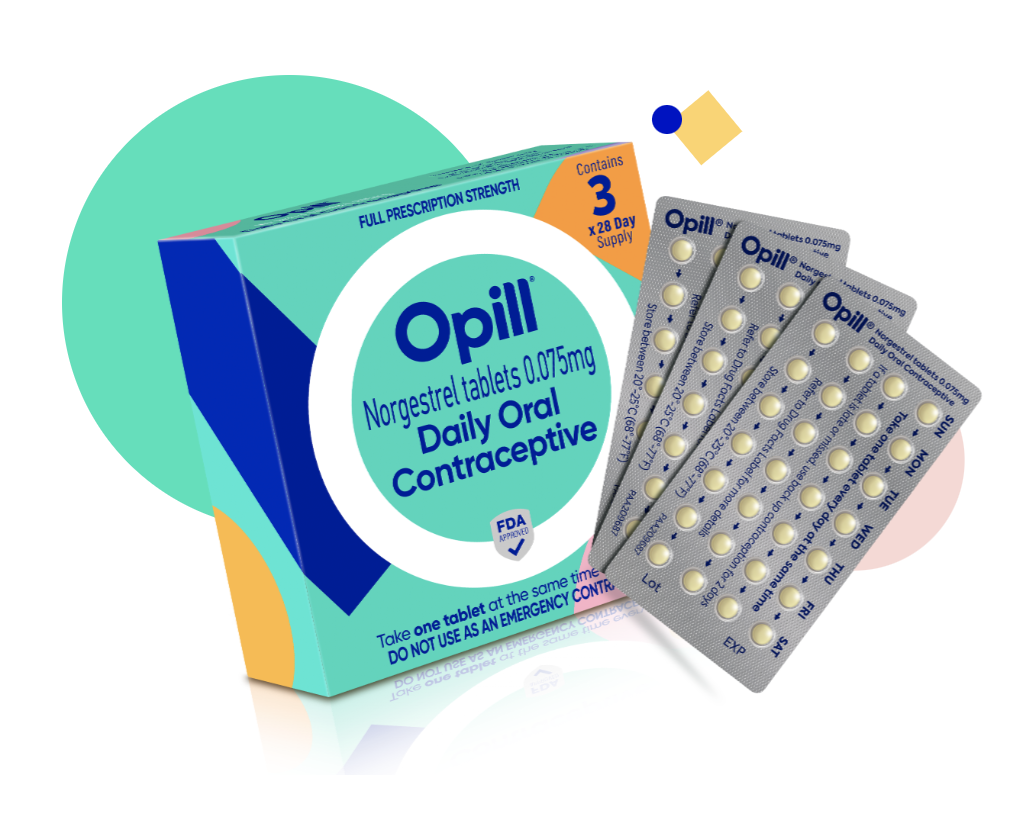

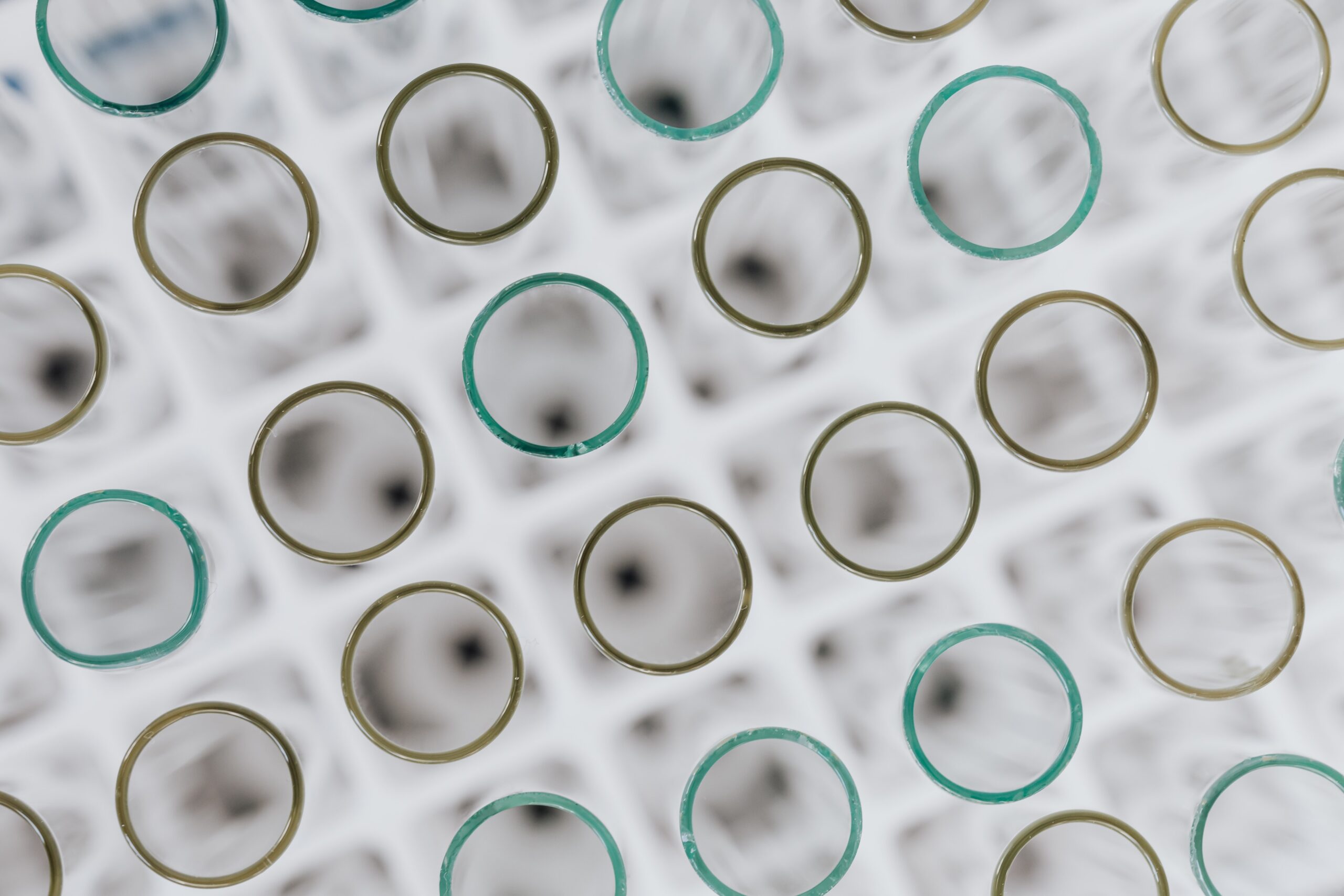
Read the Comments +